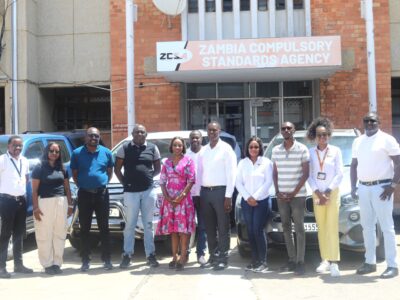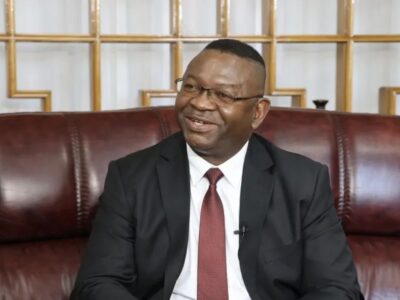ZCCM-Investment Holdings, a Zambian state-owned holding firm, reported the conversion of its 20 percent shares in First Quantum Minerals (FQM) from a dividend payout to a royalty model on December 1, 2022.
This has attracted ‘fierce’ debate in Zambia.
ZCCM-IH is a state-holding firm that owns shares in the mining companies on behalf of the Government since privatization of Zambia’s mining industry in the late 90s and is subsequently listed on the Lusaka Securities Exchange (LuSE).
On December 1, 2022, ZCCM-IH in a market update made available to the Zambian Monitor revealed that it had entered into a transaction agreement with FQM resulting in converting shares dividend and economic value in its 20 percent equity in Kansanshi Mining Plc into a life of mine royalty.
Under this agreement, ZCCM-IH will have the right to receive quarterly royalty payments of 3.1 percent of the Gross Value of Royalty Products (Copper, Gold, and all other metal products) sold or otherwise extracted at KMP, throughout the life of the mine, pursuant to the royalty agreement.
United States-based investment analyst George Mtonga in a social media comment states:
“I do not think anyone is clear on what the ZCCM deal is and how it truly benefits Zambians, what is clear to me is this ‘Zambia will not own any shares in the mine because shares have been exchanged for royalty payments which are similar to franchise fees.”
Mtonga still thinks there had not been a satisfactory answer to the question of what happens to the 20 percent shares.
“Do they belong to ZCCM or not; if they did they would be paying dividends,” he questioned.
Alternatively, he said shares can be transferred for a period of time and get them back at a later time.
But during the time “I don’t claim those shares, dividends will be paid to the entity that owns those shares.”
Meaning the dividends associated with the 20 percent would be paid to FQM and not Zambia because FQM would be the owner of the mine 100 percent.
Mtonga further illustrates that Zambia would have no shares in the mine in that in exchange they will get a royalty fee which is a financial instrument that does not carry the legal protections of ownership.
“This is my understanding of the current deal. But the government has not definitively addressed the structure of the deal. Neither is it clear what we intend on doing with our shares… sell or not,” he said.
But the state has maintained that Zambia still possesses shares in Kansanshi; only the model has changed from a dividend to a royalty model.
Under the terms of the deal announced on December 1, 2022, ZCCM-IH would receive a 3.1 percent royalty payment from the revenue of Kansanshi which was operated by FQM, the new model just replaces the dividend model,”
Zambia’s chief government Spokesperson Chushi Kasanda said in a media brief defending the deal that this presents a ready revenue stream for the government.
She insisted that ZCCM-IH would not only continue to hold its shares in Kansanshi but also continue being represented on the board of Kansanshi to ensure full visibility and transparency regarding the mine’s operations.
As the debate rages, Centre for Trade Policy Development (CTPD) head of research Boyd Muleya demands that the Government provides more information than what was provided.
“US$50-70 million a year that will be realised from the new model, the question is how much was being contributed using the dividend model so that we can appreciate how much this is bringing on the table,” Muleya states.
He added that while royalties are easy to calculate, the ZCCM-IH –FQM deal would result in inconsistency in the mining policy because each mine would like to be treated differently going forward.












Comments